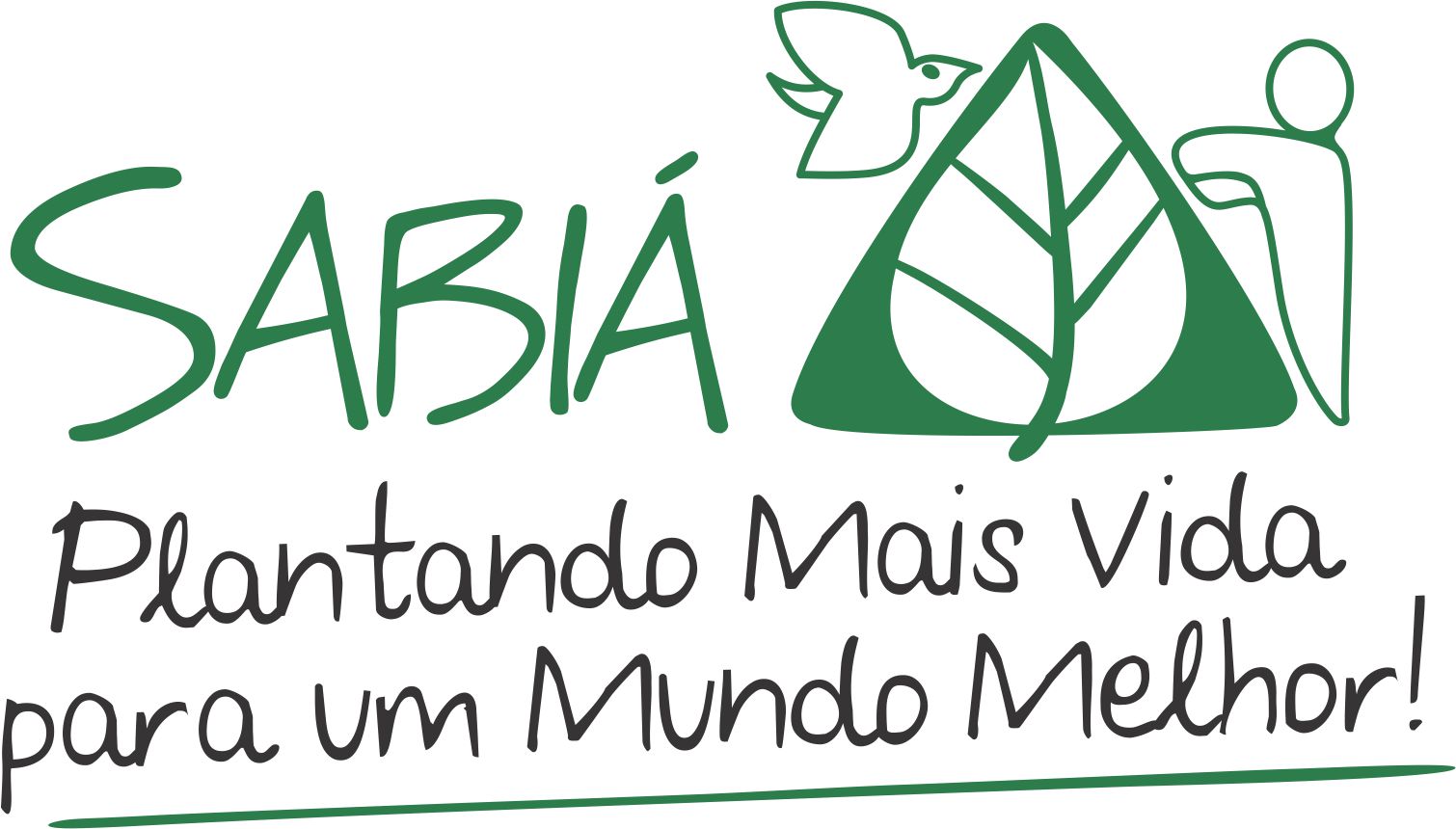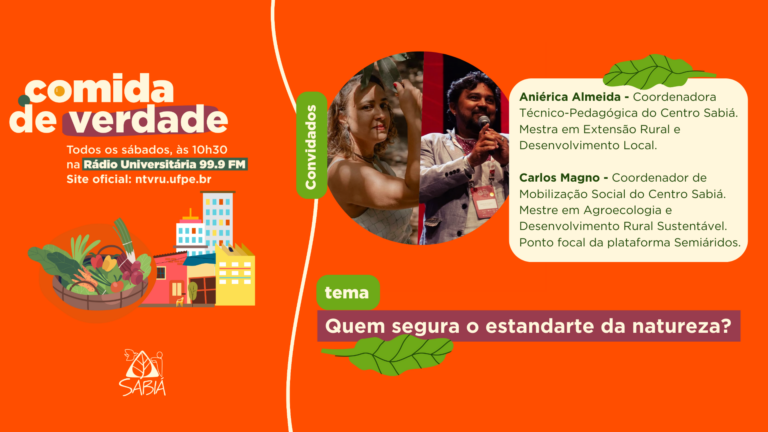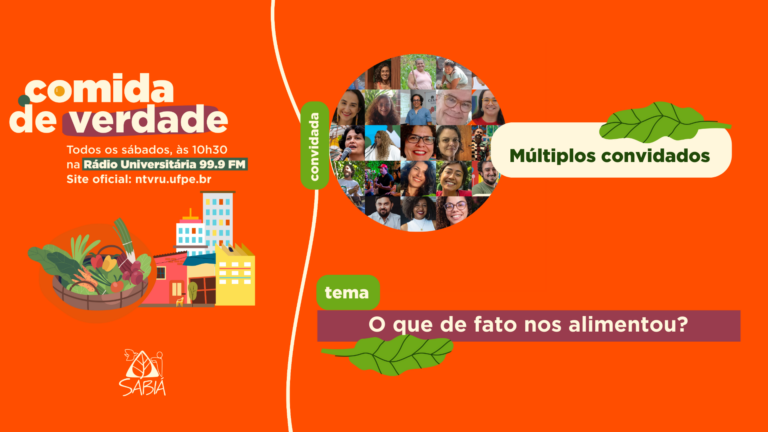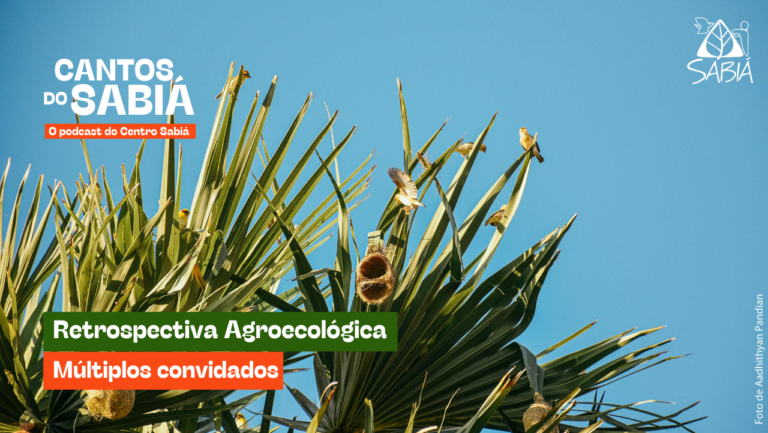Organizations from ASA PE meet with parliamentarians to strengthen the semiarid region
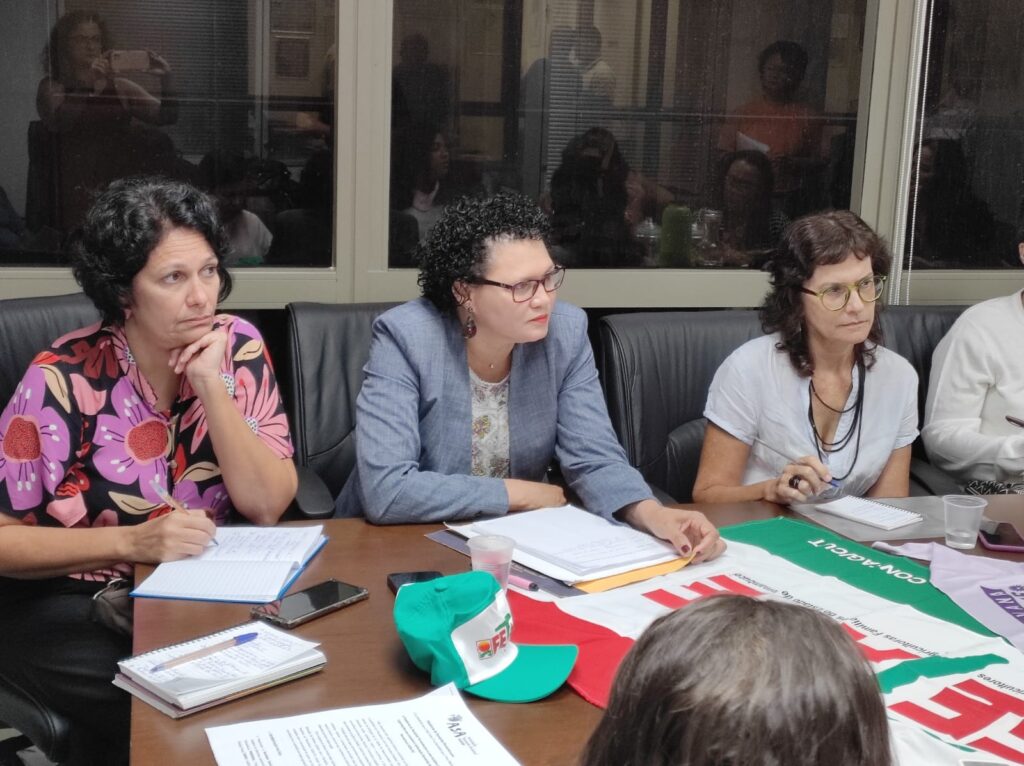
By Rosa Sampaio, Sabiá Center journalist
On Tuesday morning (21), representatives of the organizations that make up ASA Pernambuco (Semi-Arid Articulation in the state) met with state deputies Daniela Portela (PSOL) and Rosa Amorim (PT) and the advisors to deputies Doriel Barros and João Paulo, both from the PT. The meeting at the Legislative Assembly (Alepe) had as its agenda the documents of the Semi-Arid Platform (PE) and the letter from the National ASA and the National Articulation of Agroecology (ANA) for the 2022 Elections, all signed by the four candidates. The group opened dialogue with the expectation of resuming policies and actions for coexistence with the semi-arid, for the strengthening of family agriculture and agro-ecology in the state.
For Maria Cristina Aureliano, from the Sabiá Center’s coordination, the expectation now is that ASA Pernambuco’s organizations can make a collective and articulated action with the popular field’s deputies, in support of agroecology and living with the semi-arid. “We will even set up a working group with the deputies’ offices and ASA’s organizations so that we can follow the new multi-year plan, the PPA 2024 to 2027, and formulate amendments for both the PPA and the annual budgets”, explains Maria.
One of the group’s concerns is also with the resumption of social participation spaces in the state, such as councils and commissions linked to agriculture, food and nutritional sovereignty, and access to water. Paulo Pedro, from the coordination of the Caatinga NGO of Ouricuri, in Araripe, these spaces are very important in the construction and claiming of policies, as well as in the permanent dialogue between civil society and government. “We made our platform presenting several points, several proposals, and among them is the resumption of this social political participation of civil society organizations. We are proposing the resumption of several councils and commissions for agriculture and food security and water issues, but also those related to women, to the fight against poverty, among others, this is very important for our countryside”.
And as there is no living semiarid and no agroecology without feminism, one of the points of the Semiarid Platform and the letters from ASA and ANA are the public policies for rural women, peasants and family farmers. Graciete Santos, from the Northeast Women’s House, also highlights that in the semi-arid region the issue is even more sensitive due to the difficulties of access in the region, including to the women’s police stations. “It is urgent to strengthen this network to confront violence, the number of rural women murdered has grown, because they are more isolated. We have now verified in the caravan for the end of violence against women, which we carried out in the hinterlands of Pajeú and Central and in the Agreste, that these policies reach rural women in the semi-arid region. We need to make this incidence with the Legislative to strengthen and decentralize the specialized women’s police stations and the reference and reception centers, with conditions and budgets. This agenda is urgent.
It is in the semi-arid that Life Pulsates. It is in the semi-arid that the people resist!
ASAPE #Semiárido #SemiáridoVivo #Public Policies #Pernambuco
Nothing found.

